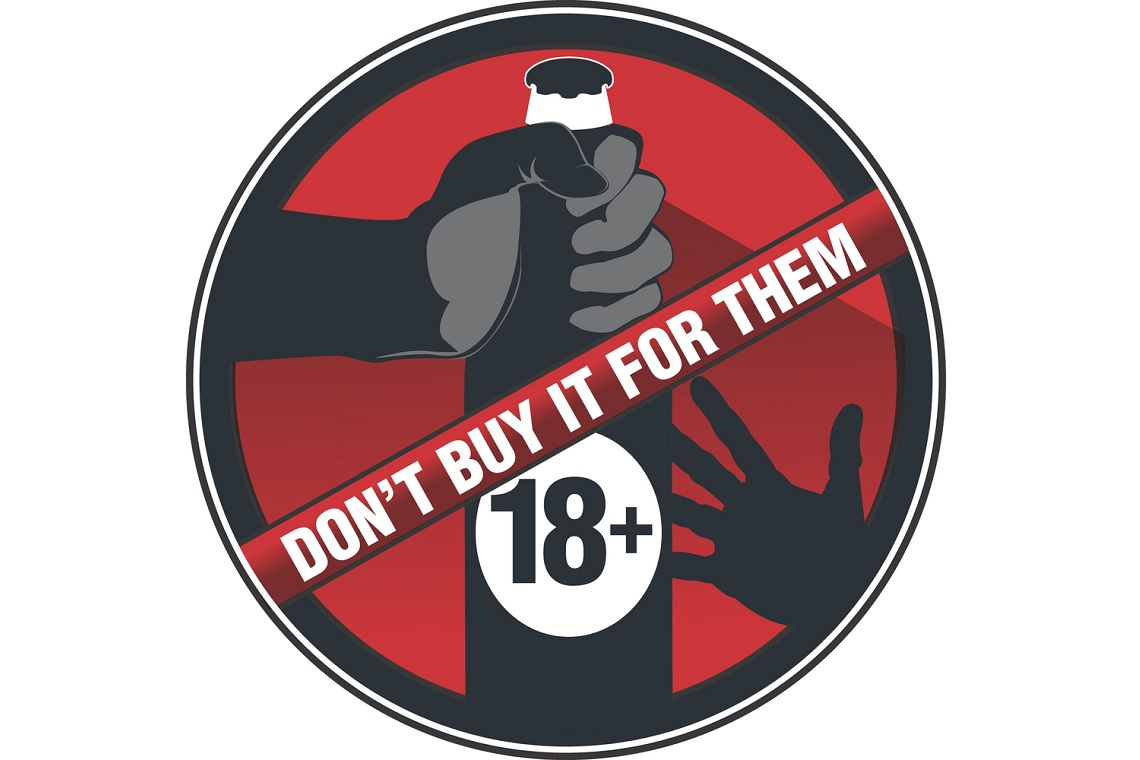Earlier this week TheShout reported that Australia’s alcohol industry had welcomed the findings of a report from Deakin University and the Murdoch Children’s Research Institute, which showed positive changes in the teenage consumption of alcohol.
As well as finding that the number of teenagers who consumed alcohol fell from 69 per cent to 45 per cent between 1999 and 2015, the report also said that parental supply of alcohol dropped from 22 per cent to 12 per cent between 2007 and 2013 and that underage purchases of alcohol fell from 12 per cent in 1998 to just one per cent in 2013.
These findings were welcomed by Terry Mott, the CEO of the Australian Liquor Stores Association (ALSA), which has run a number of campaigns in recent years to help improve these aspects of alcohol supply.
ALSA’s Don’t Buy It For Them, in-store campaign reminds adults to reconsider before they purchase alcohol beverages on behalf of minors and highlights the legal and monetary penalties, if prosecuted and found to be guilty of illegally making a secondary supply to minors.
ALSA’s ID-25 campaign was developed to discourage minors from any attempts to directly purchase alcohol beverages, with a humorous line that they should take it as a compliment because if they look under 25 they will be asked for photo ID. It also serves as a reminder to all licensees and their staff that they should be on the lookout for minors without ID or with forged ID.
“ALSA has also long campaigned to support and reinforce the great work done by DrinkWise and others to educate parents and other adults that examples set by their drinking behaviour and their attitudes to supply of alcohol beverages to minors, can influence the behaviour of those children around them,” Mott told TheShout.
Education and role modelling by parents and other adults play an important part in the way young people approach alcohol experimentation. ALSA and its member LSA’s encourage retailers to continue to enforce ‘No ID – No service’ principles when attempts to purchase are made by young people with dodgy ID or no ID at all, which is also helping to eliminate direct underage purchase of alcohol beverages.
Mott added: “It’s great that young Australians and those adults around them are taking these messages on-board evidenced by the changing attitudes of our young people, reinforced by the Australian Institute of Health and Welfare statistics both confirm that young people are delaying their initiation to alcohol beverages and when they do experiment, they are consuming more moderately.
“These facts contribute towards young people developing a responsible and wholesome attitude to build a fun, healthy and active social lifestyle in adulthood, so they can enjoy alcohol beverages when celebrating life’s important milestones in a balanced and responsible way.”

